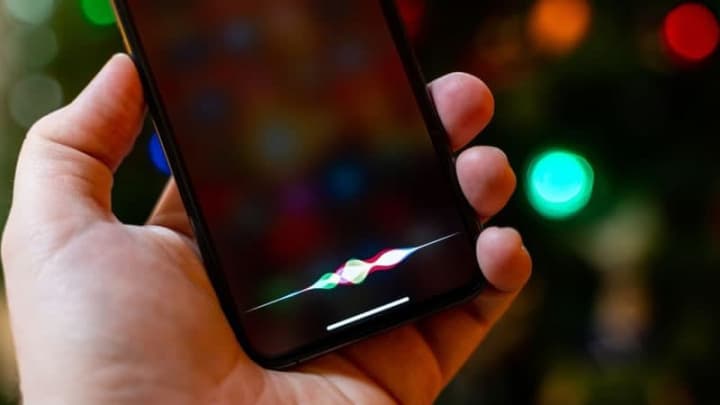Apple is facing a legal challenge related to Siri. The company agreed to pay $95 million to settle a class-action lawsuit that alleged that some recordings made by Siri contained accidentally captured sensitive data. Now, it reaffirms that Siri does not spy on users.
Apple reaffirms its long-standing commitment to privacy in Siri
Although this case dates back to 2019, the compensation agreement raises questions about the privacy guarantees that Siri offers, particularly when it comes to using data for advertising purposes. The myth that smartphones "listen" to users' conversations to display personalized ads persisted over the years.
On Wednesday night, Apple released a statement to reaffirm its "longstanding commitment to privacy at Siri."
Apple made privacy a key pillar of its products several years ago, setting itself apart from competitors who often collected large volumes of data for advertising. This effort has forced giants like Google and Facebook to adjust their practices and at least demonstrate an apparent concern for user privacy.
Privacy is an essential component of our design process, guided by principles such as data minimization, on-device intelligence, transparency and control, and strong security protections, which complement each other to deliver incredible experiences and peace of mind for our users.
Apple declared.
This approach applies to all of our products and services, including Siri, which is designed to be the most private digital assistant.

Apple also stressed that the data captured by Siri is not used to create marketing profiles, nor are they made available for advertising purposes:
Apple has never used Siri data to build marketing profiles, made it available for advertising, or sold it for any purpose. We are constantly developing technologies to make Siri even more private and will continue to do so.
In the statement, Apple explained how Siri protects users' privacy by prioritizing local processing whenever possible:
For example, when a user asks Siri to read unopened messages or provides suggestions through Siri widgets and search, the processing occurs directly on the device. Message contents are not transmitted to Apple servers because this is not necessary to fulfill the order.
On supported devices, audio from requests is processed exclusively on the device using the Neural Engine, unless the user chooses to share it with Apple.
The company also clarified that, when it is necessary to collect data, it uses the minimum amount necessary and implements measures to maintain anonymity:
Searches and requests made to Siri are not associated with the user's Apple account. Instead, you use a random identifier - a long string of letters and numbers associated with a single device - to process the data, rather than linking it to the user's identity through their Apple account or phone number.
We believe this approach is unique among digital assistants currently available.

Finally, Apple revealed some details about Siri's integration with larger-scale AI models through Private Cloud Compute. This system is designed to preserve privacy even when cloud processing is required:
For requests that require access to larger models, Private Cloud Compute extends iPhone's privacy and security protections to the cloud, unlocking advanced intelligence capabilities. When Siri uses Private Cloud Compute, user data is not stored or accessible to Apple and is used solely to fulfill the request.
Also read:
Source: pplware.sapo.pt


